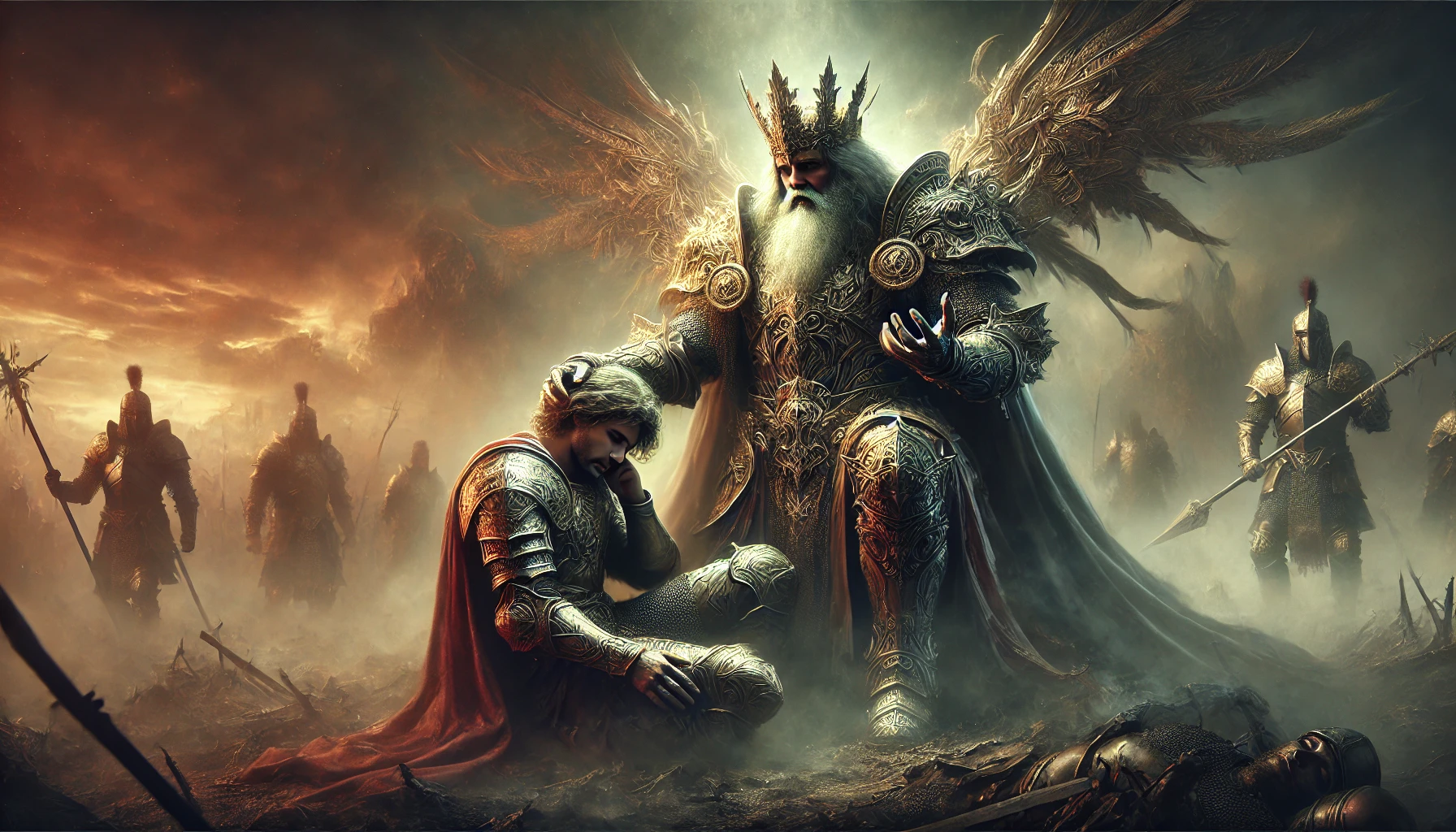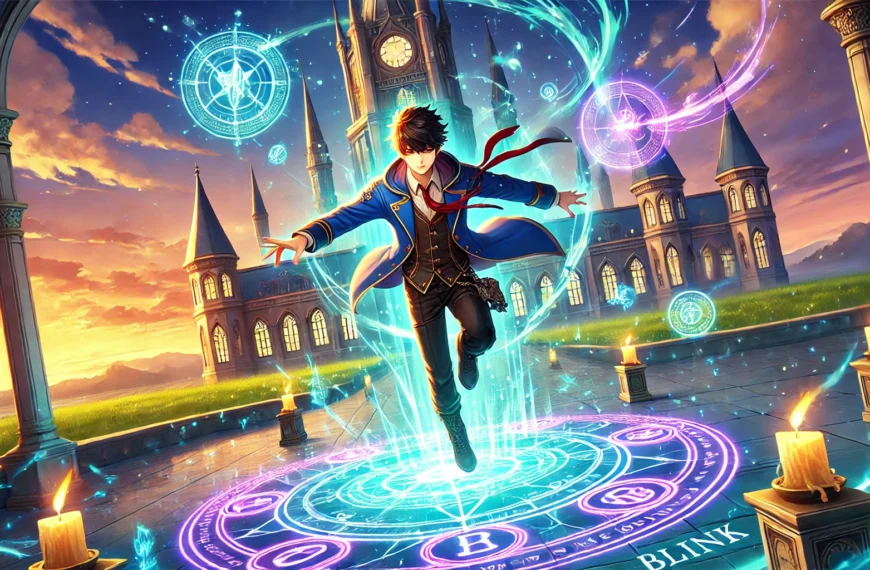Throughout history, the notion of a “genius corpes collecting warrior” has intrigued and captivated those drawn to the intersection of myth and reality. Who were these warriors? What drove them to seek corpses? And why does their legend persist? This article dives deep into these mysteries, exploring their origins, motivations, and legacy.
Origins of the Genius Corpes Collecting Warrior
The legend of the genius corpes collecting warrior is thought to emerge from a fusion of ancient folklore and historical accounts. These individuals were revered not just for their combat prowess but for their unique ability to gather the fallen, an act often shrouded in symbolic significance.
The Historical Context
- Ancient texts describe warriors who treated the dead with honor.
- Ritualistic practices surrounding the collection of corpses were believed to appease gods or spirits.
- Historical parallels can be drawn to samurai, Vikings, and other warrior cultures.
Why Collect Corpses? The Warrior’s Purpose
The act of collecting corpses might appear macabre, yet it served several purposes:
- Spiritual Significance: It was believed to guide souls to the afterlife.
- Tactical Advantage: Removing corpses denied enemies morale boosts or trophies.
- Honor Among Warriors: Ensuring comrades received proper rites was a sign of respect.
This blend of practicality and spirituality reveals the complexity of these warriors’ roles.
Legendary Traits of a Genius Corpes Collecting Warrior
What set these individuals apart were their extraordinary traits and abilities:
- Unmatched Intelligence: They could strategize under pressure, ensuring survival in deadly battles.
- Steadfast Morality: They adhered to strict ethical codes, balancing valor with respect for the dead.
- Exceptional Combat Skills: Their abilities in warfare were unparalleled, often described as otherworldly.
Cultural Depictions and Symbolism
The genius corpes collecting warrior appears in various cultural artifacts, from oral traditions to modern adaptations:
- In Literature: Ancient epics often include figures resembling these warriors.
- In Art: Paintings and sculptures depict their noble acts of corpse collection.
- In Media: Films and games reimagine their legend, blending fact with fantasy.
Symbolism of Their Actions
- Redemption: Collecting corpses symbolized redemption for fallen comrades.
- Cycle of Life and Death: It acknowledged the warrior’s role in maintaining cosmic balance.
Modern Interpretations
As society evolves, so does the interpretation of the genius corpes collecting warrior. In contemporary contexts, they are often seen as metaphors for resilience, sacrifice, and leadership.
Lessons from Their Legacy
- Valuing honor and ethics even in adversity.
- Recognizing the interconnectedness of life, death, and legacy.
Characteristics That Defined Their Success
These warriors thrived due to specific defining traits:
- Resilience: Adapting to ever-changing battle conditions.
- Strategic Vision: Anticipating opponents’ moves.
- Unwavering Dedication: Commitment to their mission, even in dire circumstances.
Famous Genius Corpes Collecting Warrior Tales
Several stories highlight the deeds of such warriors, each encapsulating their unique role in history:
- The Silent Guardian: A warrior who roamed battlefields at night, honoring the fallen.
- The Seeker of Redemption: A figure who collected corpses to atone for past sins.
The Philosophical Underpinnings
Their actions were guided by profound philosophies:
- Human Dignity: Ensuring even enemies were treated with respect after death.
- Karma: Believing their deeds would shape their fate in the afterlife.
Impact on Modern Warfare Ethics
Today, the principles upheld by these warriors influence military practices, such as treating POWs and the deceased with dignity.
Code of Conduct
Modern parallels can be seen in conventions like the Geneva Conventions.
A Code to Live By: The Genius Corpes Collecting Warrior’s Legacy
The life of a genius corpes collecting warrior serves as an enduring metaphor for balance, ethics, and resilience. Embracing their legacy inspires modern leaders, scholars, and even ordinary individuals.
Why Their Legacy Matters Today
- Encourages ethical decision-making.
- Promotes respect for life and legacy in all contexts.
Conclusion
The genius corpes collecting warrior remains an emblem of humanity’s quest to balance life, death, and honor. Through their actions, they preserved dignity and showcased unparalleled bravery. In understanding their legacy, we uncover timeless lessons about resilience, ethics, and the indomitable human spirit.
FAQs
What is a genius corpes collecting warrior?
This term refers to legendary warriors who collected corpses for spiritual, tactical, or ethical reasons, blending valor and reverence for life.
Why did they collect corpses?
Their motives included ensuring proper rites for the deceased, gaining tactical advantages, and fulfilling spiritual obligations.
How does this legend influence modern culture?
The legend shapes ethics in warfare, media representations, and philosophical discourses about life and death.
Are there real historical examples?
Yes, historical parallels can be drawn to samurai, knights, and other warrior traditions that emphasized honor and respect for the fallen.
What can we learn from their actions?
Their dedication to ethics and resilience inspires modern values of respect, honor, and duty.
How is their legend represented in modern media?
They appear in movies, games, and literature as metaphors for strength, redemption, and morality.










